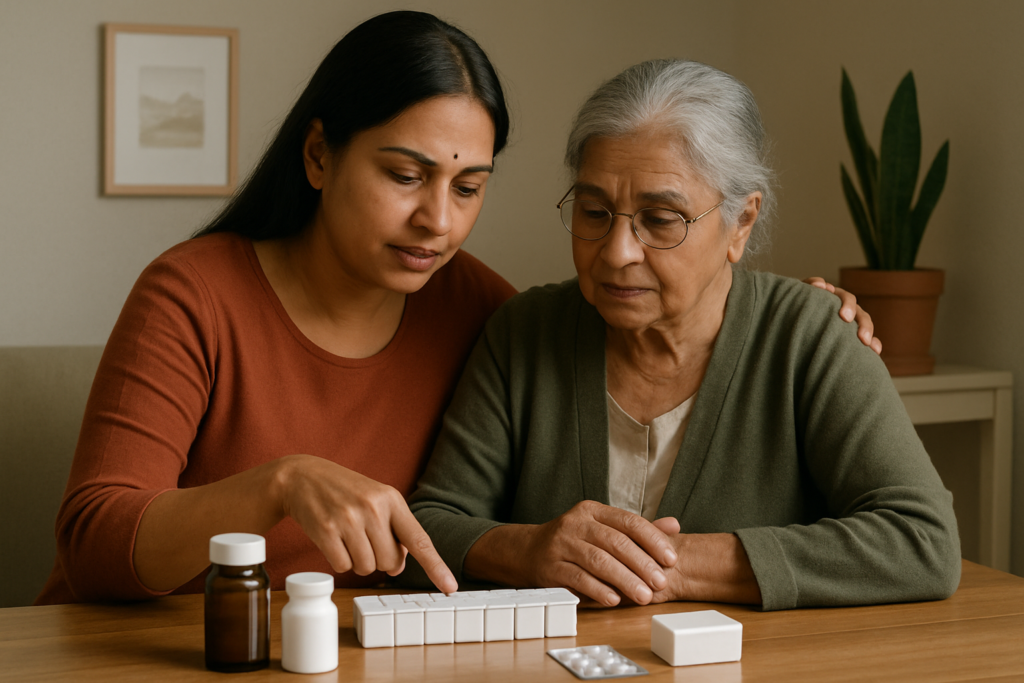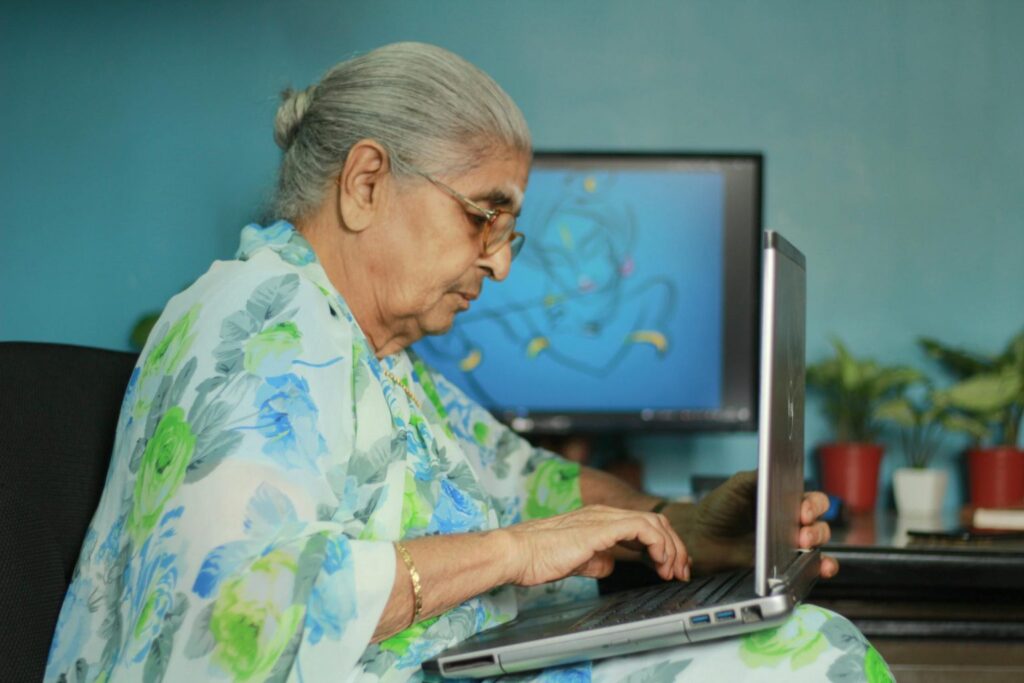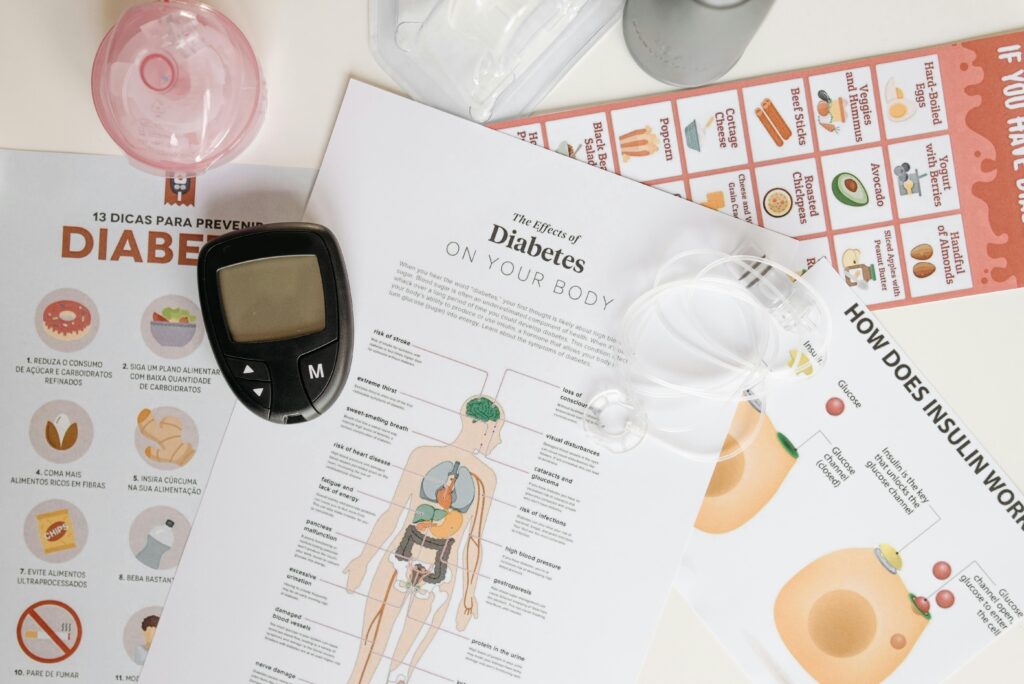Caring for an elderly loved one is a journey filled with deep love, quiet sacrifices, and countless responsibilities. For many family members, one of the most challenging roles is managing medical care at home—especially when you don’t have a medical background.
If you’ve ever felt unsure, overwhelmed, or afraid of “getting it wrong,” you’re not alone. You don’t need to be a nurse or a doctor to offer excellent care—you just need the right guidance, a bit of organization, and a lot of compassion.
Here are some practical, non-technical tips that can make home-based medical care more manageable and less intimidating.
1. Create a Simple Medical File
Start with the basics. Maintain a single file—digital or physical—that includes:
- A list of all current medications (name, dosage, timing)
- A summary of diagnoses and health conditions
- Doctor contact details
- Previous test results and discharge summaries
- Appointment history
This “go-to file” can save time during emergencies, hospital visits, or routine checkups.
2. Stick to a Medication Schedule
Managing medications can feel like a full-time job. But a few habits can make a big difference:
- Use a pill organizer with labeled compartments (daily/weekly)
- Set reminders or alarms on your phone
- Mark dosages off on a calendar or checklist
Consistency is key. Try to link medication times with daily routines—like after breakfast or before bedtime.
3. Don’t Be Afraid to Ask Questions
Many caregivers hesitate to ask doctors or nurses questions, fearing they’ll sound silly. But you are the daily eyes and ears, and no concern is too small.
If something feels off—an unusual reaction to medicine, a change in mood, increased fatigue—make a note and bring it up during the next visit. Even better, keep a “health log” with short, daily observations.
4. Learn Basic First Aid and Vitals
You don’t need to be medically trained, but a basic understanding of:
- How to take temperature or blood pressure
- How to handle minor falls or wounds
- What signs require emergency attention
…can go a long way in giving you confidence and ensuring timely care.
Ask your doctor or home nurse to show you once—they’re usually more than happy to guide caregivers.
5. Work With the Doctor, Not Alone
Doctors often rely on family caregivers to report updates, but you’re not expected to make medical decisions alone.
Don’t hesitate to:
- Ask the doctor to repeat or simplify instructions
- Request written prescriptions or care plans
- Get a second opinion if something doesn’t feel right
If managing multiple appointments and treatments feels too much, consider using a care coordinator or a senior home visit service.
6. Build a Home Medical Corner
Designate a space in the home for medical supplies—nothing fancy, just a small cabinet or shelf with:
- Medicines and supplements
- Thermometer, BP monitor, glucometer (if needed)
- First-aid box
- Important documents
Knowing where everything is in a hurry can make a huge difference during health scares.
7. Recognize Signs That Need Medical Attention
As a caregiver, it’s important to trust your gut. Look out for signs like:
- Sudden confusion or disorientation
- Difficulty breathing
- Severe fatigue or drowsiness
- Chest pain or palpitations
- Unusual swelling or wounds that don’t heal
When in doubt, call the doctor. It’s always better to over-respond than under-react.
8. Take Help—You’re Not a Machine
You were not meant to do this alone. Delegate where you can:
- Ask siblings or relatives to help with appointments
- Use pharmacy delivery services
- Explore home health visits for regular checkups
Caring for someone includes caring for yourself. You can’t pour from an empty cup.
9. Create an Emergency Plan
Have a small, clear action plan in case of medical emergencies:
- Who to call first
- Where the nearest hospital is
- Keep hospital bag ready with documents, clothes, and essentials
- Emergency numbers saved and written down
This plan reduces panic when time matters most.
10. Stay Gentle with Yourself
You’re doing something beautiful and hard—being there for someone who needs you. There may be days you feel exhausted, scared, or unsure. That’s okay.
Remind yourself: You don’t have to be perfect. You just have to show up, try, and care. That’s more than enough.
💬 We’d Love to Hear From You!
Are you caring for an elder at home? What are your biggest challenges with managing medical care?
Do you have a tip that worked well for you?
👉 Share your thoughts in the comments. Let’s support each other.
And if you found this blog helpful, please share it with someone who might need it.
Together, we make caregiving a little lighter.





